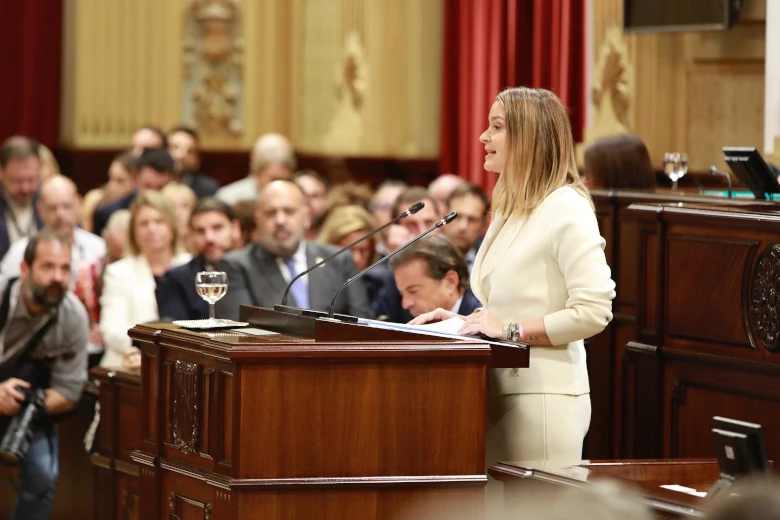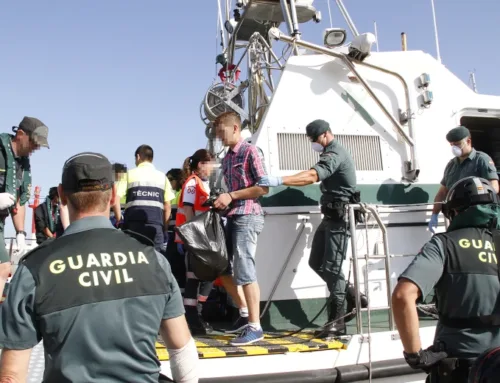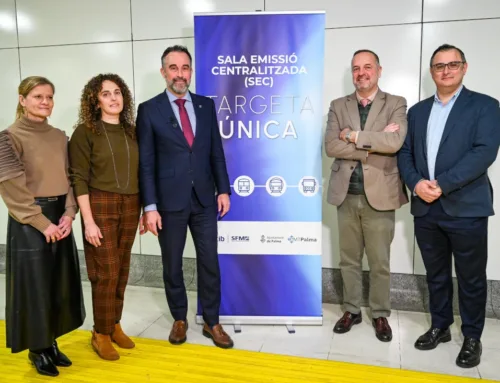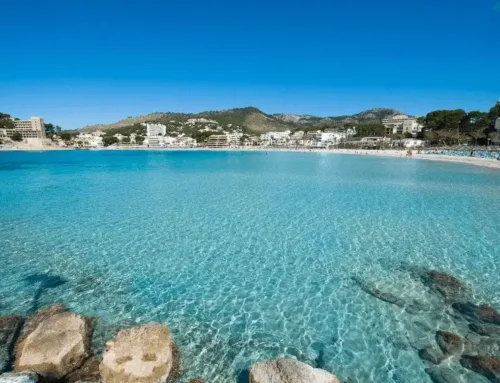The president of the Balearic Government, Marga Prohens, has announced an increase in the Sustainable Tourism Tax (ITS) and the water levy for large consumers. This measure is part of the urgent decree against tourism congestion, aimed at addressing the challenges posed by the rise in tourism in the Balearic Islands.
Measures to curb tourism congestion
During her speech at the General Policy Debate, Prohens explained that the increase in the ITS, previously known as the Ecotax, will be applied during the peak tourism months — June, July, and August — to reduce pressure during the high season. Additionally, the tax will be reduced in months of lower demand, such as December, January, and February, as part of a strategy to promote off-season tourism in the region. Prohens also announced a tax deduction to reimburse residents for the ITS, which will help minimise the economic impact on the local population.

Prohibition on new holiday rental places
The president has announced that a proposal will be put forward to the Social and Political Pact for Sustainability to lift the current tourism moratorium, which remains in effect while the island councils define the limits of their tourist accommodation quotas. Furthermore, she made it clear that no new holiday rental places will be granted in multi-family buildings in the Balearic Islands. However, Prohens assured that all existing legally registered holiday rental places, both in multi-family and single-family homes, will be maintained across all the islands
Increase in the water levy for large consumers
Another key proposal highlighted by Prohens is the increase in the water levy for large consumers, aimed at encouraging more responsible use of water resources in the Balearic Islands. This measure will be accompanied by a reduction in the levy for direct consumers, as part of a more equitable approach.
Purpose of the new measures
According to the government, these new proposals are designed to tackle the negative effects of mass tourism, such as pressure on natural resources and congestion during the high season. The adjustment of the ITS and the water levy aims to promote more responsible and less seasonal tourism, while protecting the wellbeing of the residents of the Balearic Islands.







Leave A Comment